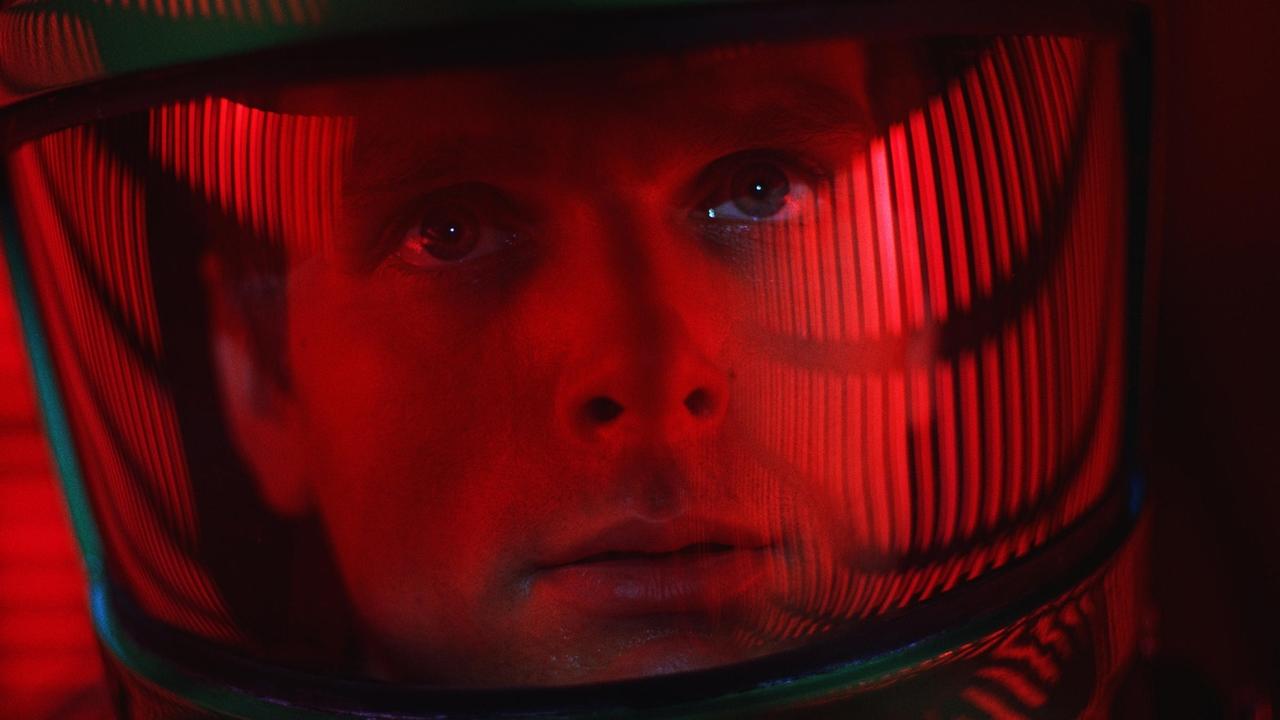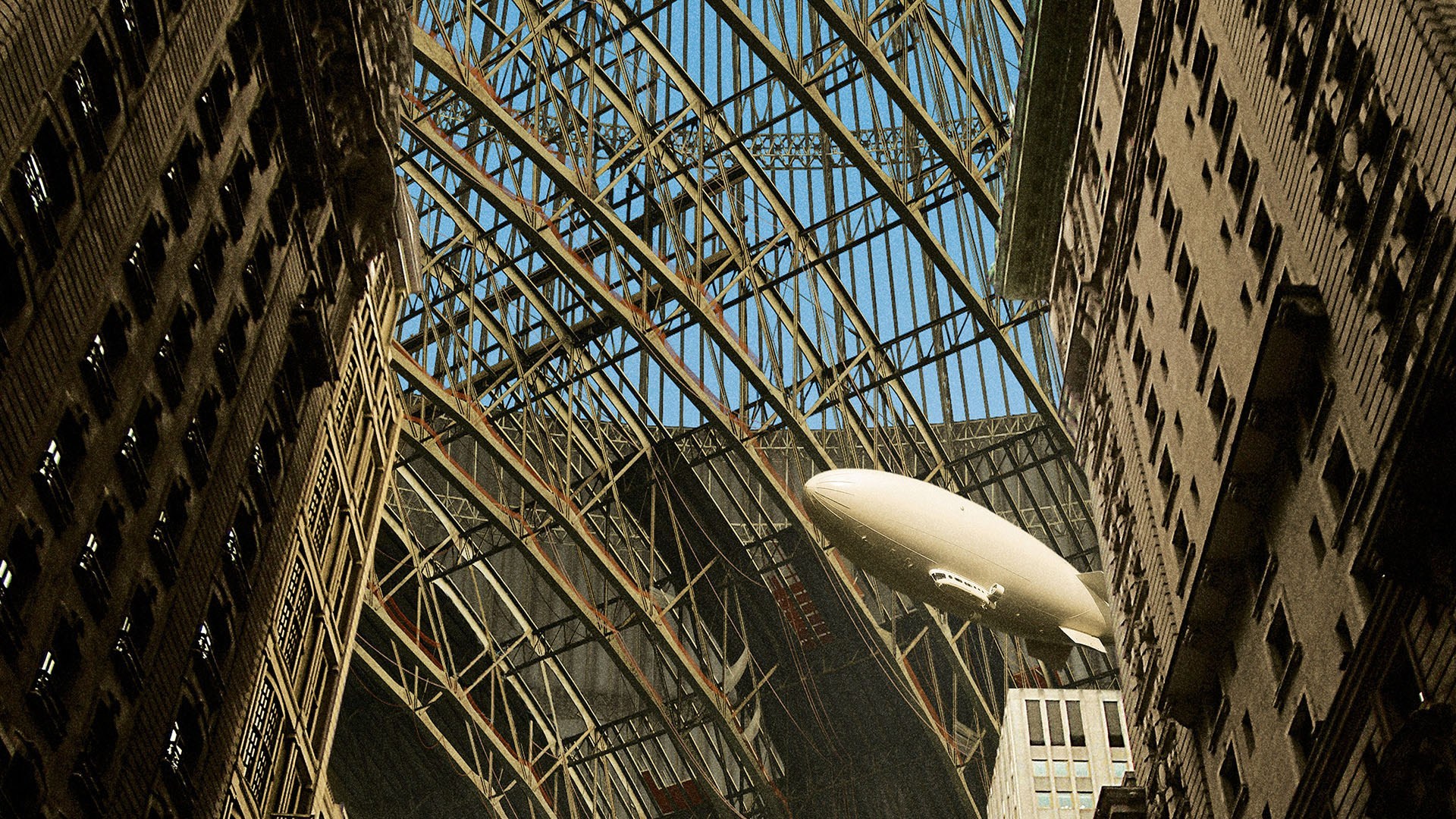The Films That Inspired a Master Editor

Becoming the best editor requires work, knowledge of your tools, experience dealing with others, and hours upon hours of editing. It also requires knowledge of film history, techniques, and tricks, and necessitates having a cinephile knowledge of films. Brian Kates, ACE, Emmy award-winning editor for The Marvelous Mrs. Maisel and go-to editor for renowned filmmaker John Cameron Mitchell sat down with us during a break in shooting his Filmmaker U course to discuss the films that inspired him and why editors should pay attention to them.
You can check out Brian Kates’ course on becoming a master editor here.
Here are the films you should check out for inspiration on the path to becoming a better editor.

Ratcatcher (1999) | Dir. Lynne Ramsay | Editor Lucia Zucchetti
Ratcatcher is about a boy growing up in the early ’70s in Scotland during the garbage crisis. When asked why this film Brian said
"it's just an extremely expressionistic film from a child's point of view where sound design, composition, editing, the character's POV, just everything so enmeshed as one that you can't tell what's more important sound, color, composition point of view and its pure cinema. It's really cinema being cinema which is not about one of those elements--more important than any other but all of them working at the same time."
As an editor, it’s about taking what you're given in the edit suite and enhancing it, not fighting it.

Jeanne Dielman, 23, Quai du Commerce, 1080 Bruxelles (1975) | Dir. Chantal Akerman | Editor Patricia Canino
For Brian, this "is a mandatory film for editors because it's all in extremely long takes…" It's a film by Chantal Akerman about a mother and her son living in an apartment in Brussels going through their routines. "it's an incredibly minimalist film the routine is repeated several times and each time, tiny details shift. So that there's incremental dramatic tension built up in the slowest way imaginable."
For editors, it's all about the tiny details in the shots, and how moments from the actor or how the actor's do something can be utilized to create tension. Despite the content appearing at first to be mundane, "it's riveting at the same time, and it shows you how tiny details that seem mundane can be the building blocks of incredibly strong drama." Sometimes, not cutting can be more powerful!
 12 Years a Slave (2013) | Dir. Steve McQueen | Editor Joe Walker
12 Years a Slave (2013) | Dir. Steve McQueen | Editor Joe Walker
Twelve Years a Slave was cut by Joe Walker, one of Brian’s “absolute favorite editors.” When reminiscing about the film, Brian said, “it is just an incredibly elegant film, every cut in that film feels like it is meaningful and powerful. I think it really lets you stay inside the horrific experiences without the benefit of cutting away.” It shows the power of editing in communicating ideas and more importantly emotions.

I'm not your Negro (2016) | Dir. Raoul Peck | Editor Alexandra Strauss
I'm Not Your Negro is "really more of an essay-film, and it's so good!" Brian said. It uses various texts from James Baldwin's work and cuts them together with archival images, Hollywood movies, and pop culture, as well as documentary footage. It's an indictment of American racism and presents the argument that America and racism can't be separated.
For Brian, the editing has "an incredibly playful touch while also being very, very, terrifying. For editor's, it's all objective position. It's about the words versus the images and the images tell the story that the words are explaining, but it's not show and tell. Every image is opening up another door thematically based on James Baldwin's idea."
Before we could wrap up this film and move to the next one, Brian interjected "and the rhythms also, the rhythm is very, very unique and strong."

2001: A Space Odyssey (1968) | Dir. Stanley Kubrick | Editor Ray Lovejoy
"2001's pleasures are non-verbal; most of them are non-verbal." Brian doesn't even need to say the full name for us to realize he's talking about Kubrick's visual masterpiece, 2001: A Space Odyssey.
For editors, it's about realism in a sci-fi film and realistically presenting the visuals. Brian specifically mentioned "The docking sequence where the ship which is a zero-gravity wheel with a pod in the center that has gravity because the entire thing is rotating. When it docks into its mothership, you can see how the artificial gravity work on both sides of the ship, you don't exactly know that it's coming, but then it all makes sense. The film is both scientifically interesting and also incredibly beautiful."

All that Jazz (1979) | Dir. Bob Fosse | Editor Alan Heim
All That Jazz is an essential milestone in film editing. Bob Fosse and Alan Heim's partnership helped redefine editing and usher in a new fluid approach to edits. The film is a semi-autobiographical film based on Bob Fosse's life and career as a choreographer and director. It "tells the story through music." For Bian and storytellers, "it's a breathtaking way of showing someone's psychology through song and dance, which is another language of film."

Synecdoche, New York (2008) | Dir. Charlie Kaufman | Editor Robert Frazen
One of Brian's "favorite films," Synecdoche, New York is about an ailing theatre director working on elaborate stage production and blurs the line between fiction and reality.
For Brian, editor's should look at this film and how "time is elastic, not elastic for the sake of playing and having fun with time but the film shows an inner truth about the nature of time. The way that your memories begin to either deteriorate or gain greater wisdom as you make connections between parts of your life at different times of your life. The editing accelerates and has these huge ellipses that seem inconceivable. It's these giant jumps in time, but they don't feel like jumps because you're inside the character's cadence and head so deeply."

Shoah (1985) | Dir. Claude Lanzmann | Editor Ziva Postec
Finally, the legendary film Shoah. A film that is entirely testimonial voice over and talking head interview footage that documents the horrors of the Holocaust over nine hours and twenty-six minutes. "The, the incredible thing about Shoah is that it grips you, it shows how just talking heads can be powerful. It's the content that's driving it, but it also doesn't feel like it's cinema. You superimpose your own images about the stories being told onto the images of the empty places."
Wrap Up
As the lighting crew finished lighting, and we got called back to set, Brian mentioned: “I have to say, I get most of my inspiration from books.” Well, the next break we had we sat down and discussed books.
What films do you think editors should check out to be inspired? Let us know in the comments section below.
Want to learn from Brian and his editing tricks and techniques?
Also, check out these other classes by Filmmaker U!

